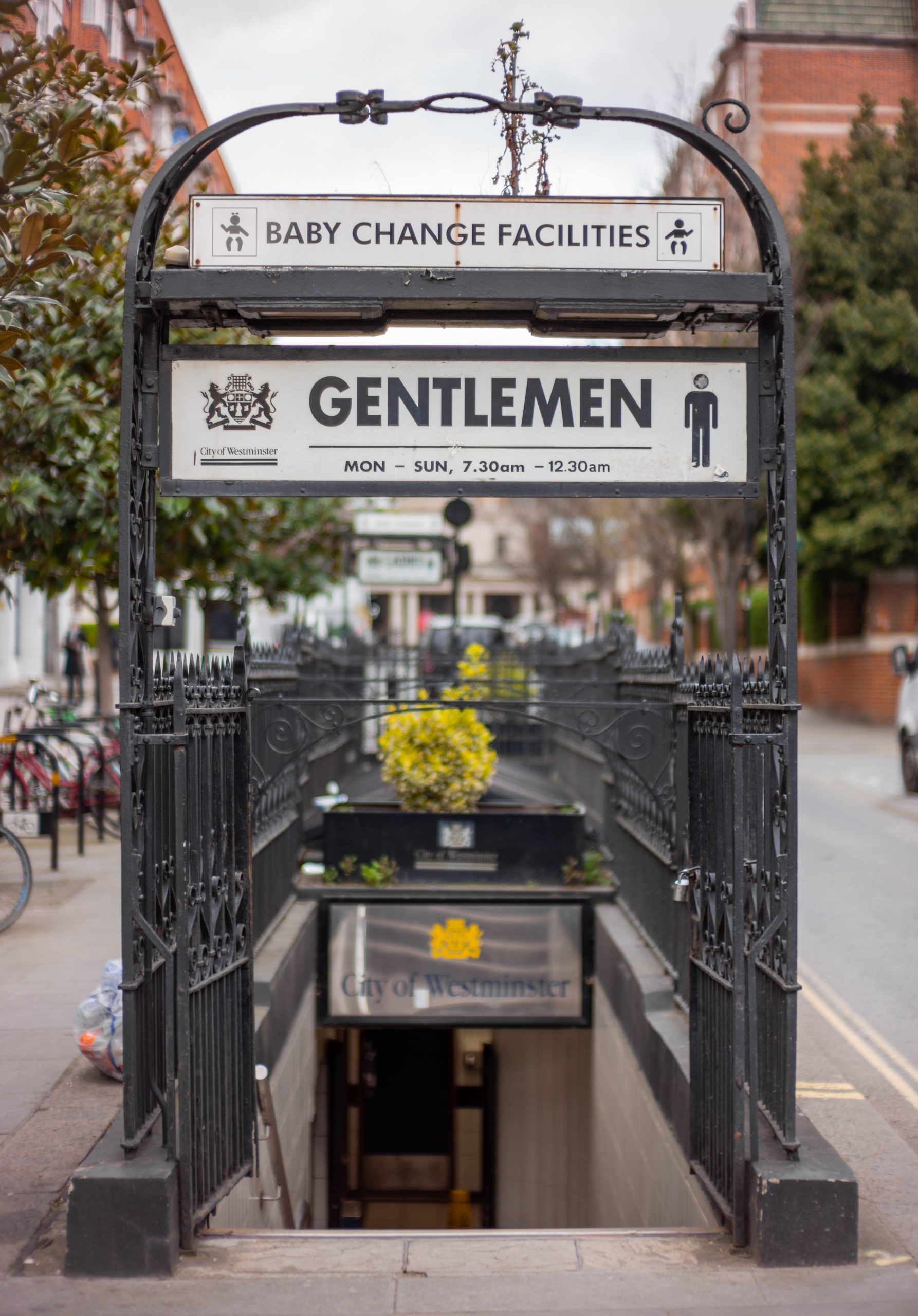In the face of mounting concerns over the efficacy and fairness of the current criminal justice system, a growing chorus of voices is advocating for progressive policies that aim to break the cycle of crime, promote rehabilitation, and ensure community safety. The push for change is gaining momentum, as policymakers, experts, and activists come together to envision a future that prioritizes justice, compassion, and long-term societal well-being.
The existing model of criminal justice often focuses primarily on punishment, with little emphasis on addressing the root causes of crime or providing adequate support for individuals to reintegrate into society successfully. Critics argue that this approach perpetuates a cycle of criminal behavior, leading to high recidivism rates and deepening social divisions. However, a new wave of progressive policies seeks to challenge this paradigm, offering innovative solutions that hold the potential to reshape the system for the better.
One key aspect of a progressive criminal justice system is a shift towards rehabilitation. Advocates argue that focusing on rehabilitation instead of punishment can help individuals address the underlying factors that contributed to their criminal behavior, such as substance abuse, mental health issues, or lack of educational and employment opportunities. By providing comprehensive and evidence-based programs, such as vocational training, mental health counseling, and addiction treatment, society can invest in the potential for positive change and reduce the likelihood of repeat offenses.
Moreover, progressive policies aim to address the disparities that disproportionately affect marginalized communities within the criminal justice system. This includes taking steps to eliminate racial biases in law enforcement, sentencing, and the overall administration of justice. By promoting fairness and equality, these policies seek to restore trust in the system and ensure that justice is blind, treating all individuals with the same dignity and respect.
Community involvement and restorative justice are also key pillars of a progressive criminal justice system. Rather than isolating individuals from society, these policies encourage community engagement and active participation in the rehabilitation process. By fostering dialogue, promoting healing, and encouraging accountability, restorative justice practices have demonstrated their potential to repair the harm caused by crime while helping both victims and offenders move forward constructively.
Critics of progressive policies often voice concerns over public safety, fearing that a focus on rehabilitation may compromise security. However, advocates argue that a truly secure society can only be achieved through a holistic approach that addresses the root causes of crime. By investing in education, social programs, and economic opportunities, communities can create an environment that reduces the likelihood of criminal behavior and promotes long-term well-being for all.
Implementing progressive policies for a just, rehabilitative, and secure criminal justice system requires political will, public support, and evidence-based decision-making. Policymakers and citizens alike must recognize the urgent need for change and the potential benefits that lie ahead. By moving away from a punitive approach and embracing progressive solutions, society can break the cycle of crime, foster rehabilitation, and ultimately create a safer, more equitable future.
As the conversation around criminal justice reform continues to evolve, it is crucial to acknowledge the challenges, engage in open dialogue, and explore innovative ideas. Only through sustained efforts and collective action can we realize a transformative vision of a criminal justice system that serves the principles of justice, rehabilitation, and community safety.




